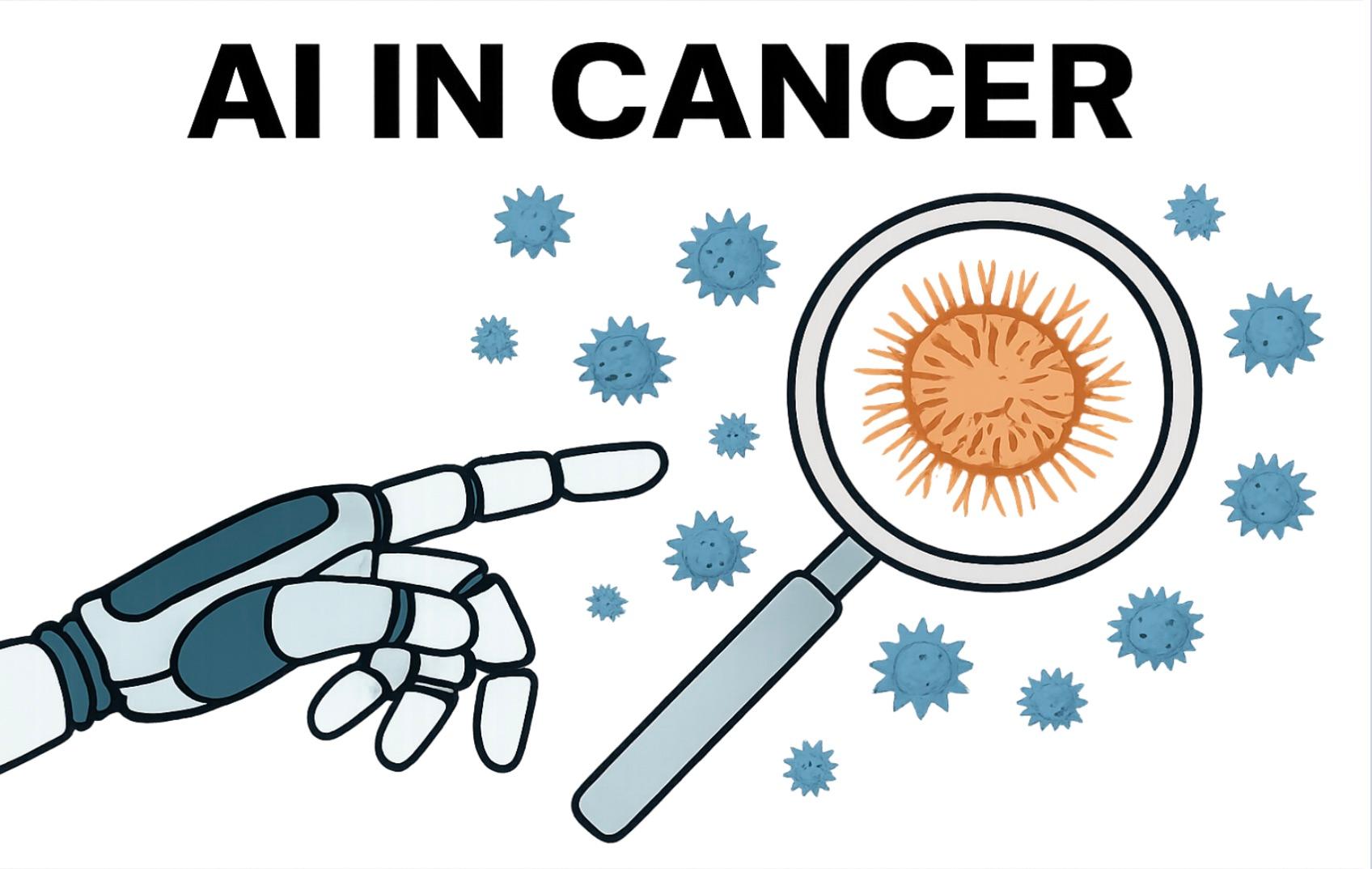

Ashvik Rao
Class of 2027Cumming, GA
About
Hello, my name is Ashvik Rao and my project is on AI in Healthcare (e.g. Large language models (LLMs) like GPT-5 aid in tailoring patient care by processing vast datasets to recommend individualized treatments). I chose to work on this project because I truly believe AI in healthcare is the next major milestone in healthcare. After my project is complete, I would like to use it as part of my extracurriculars for college admissions.Projects
- AI / ML-Augmented Analysis For Precision Oncology and Cancer Diagnostics with mentor Samantha (Sept. 18, 2025)
Ashvik's Symposium Presentation
Project Portfolio
AI / ML-Augmented Analysis For Precision Oncology and Cancer Diagnostics
Started Apr. 21, 2025

Abstract or project description
Each year, nearly 20 million people are diagnosed with a form of cancer, and this number is expected to significantly increase. Although treatments for cancer such as chemotherapy and radiation are available, they can be extremely expensive and they are not guaranteed to work. Additionally, despite hundreds of years of research on various cancers, the causes and genetic influences behind them are still not fully understood. The recent development of artificial intelligence (AI) and machine learning (ML) tools has the potential to accelerate knowledge of and advancements in cancer diagnostics and treatment. ML models are used to analyze large data sets, and AI can be used to analyze large genome data sets efficiently. By incorporating ML algorithms into genomics research, researchers may be able to identify or locate oncogenes that were previously not known. Moreover, AI can tailor successful treatments to individual patients - based on individual patient data - that can decrease the risk of death for patients diagnosed with cancer. In this review, I will discuss the incorporation of AI and ML technologies into cancer screening, diagnostics, and therapeutic approaches to enhance precision medicine and treatment outcomes.